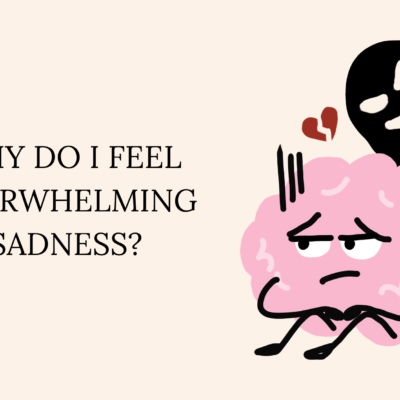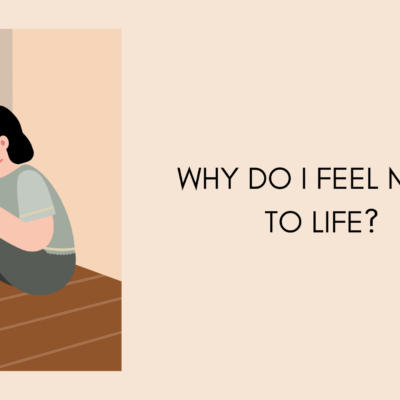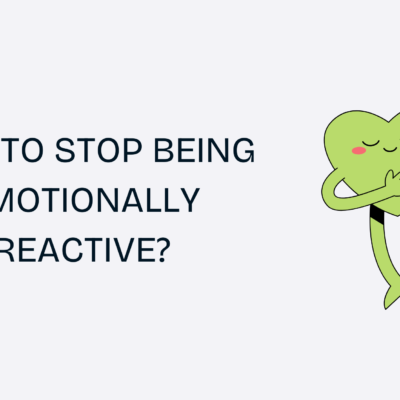Ways to Relieve Anger: Anger is a natural human emotion—an intense response to feeling hurt, threatened, powerless, or frustrated. It can be triggered by external events like someone cutting you off in traffic or internal thoughts like replaying past injustices. While feeling angry is normal, how we handle that anger determines whether it harms or helps us. Unresolved anger can damage relationships, impair judgment, and even affect physical health by increasing stress levels, blood pressure, and heart disease risk.
Learning healthy ways to relieve anger doesn’t mean suppressing it—it means expressing it constructively. In this article, we’ll explore ten powerful and practical strategies to help you process, release, and channel your anger productively.
Also Read:
1. Take a Timeout to Cool Down
When anger hits, your body releases stress hormones like adrenaline and cortisol. These hormones prepare your body for a “fight or flight” response, which can cloud your judgment. Taking a timeout gives your nervous system a chance to reset.
How to do it:
- Step away from the situation, even if just for a few minutes.
- Go into another room, take a walk, or sit quietly with your eyes closed.
- Use this time to slow your breathing and gain perspective.
Why it helps:
It prevents you from saying or doing something you might regret later and helps reduce the physiological arousal anger brings.
2. Practice Deep Breathing and Grounding
Anger often comes with physical signs like rapid heartbeat, clenched fists, and shallow breathing. Deep breathing counters this response and calms your body.
How to do it:
- Inhale deeply through your nose for 4 counts.
- Hold your breath for 4 counts.
- Exhale slowly through your mouth for 6–8 counts.
- Repeat for 5–10 minutes.
Pair it with grounding techniques like:
- Naming five things you can see.
- Placing your hand on your chest and feeling your heartbeat.
Why it helps:
It activates the parasympathetic nervous system, which helps calm the body and slow down racing thoughts.
3. Use Physical Exercise to Release Tension
Anger creates pent-up energy. Physical activity allows you to release that energy in a healthy way.
Options include:
- Going for a brisk walk or run
- Hitting a punching bag
- Doing high-intensity interval training (HIIT)
- Practicing yoga or tai chi
Why it helps:
Exercise increases endorphins—your brain’s natural mood boosters—and reduces cortisol, the stress hormone.
4. Write it Out: Journaling and Letter Writing
Sometimes, we don’t fully understand what’s making us angry until we write it down. Journaling helps you process emotions, gain clarity, and uncover hidden triggers.
How to do it:
- Write a journal entry about what made you angry.
- Describe the event, how you felt, and what thoughts crossed your mind.
- Try writing an unsent letter to the person or situation that triggered you.
Why it helps:
It gives you a safe outlet for expression and turns chaotic thoughts into something structured and manageable.
5. Practice Assertive, Not Aggressive, Communication
Bottling up your anger can lead to emotional explosions later. The key is to express your feelings openly but respectfully.
How to do it:
- Use “I” statements instead of “you” statements.
- For example, say, “I feel hurt when meetings start late” rather than “You never come on time!”
- Maintain a calm, steady tone and avoid blame.
Why it helps:
It improves relationships and helps others understand your boundaries without feeling attacked.
6. Use Humor—But Don’t Be Sarcastic
Laughter is a powerful stress reliever. While humor won’t make problems disappear, it can help shift your perspective and ease tension.
How to do it:
- Watch a funny video or comedy show.
- Recall a humorous memory.
- Use light-hearted jokes to diffuse tension, without mocking or ridiculing others.
Why it helps:
It promotes emotional distance and reduces the intensity of your anger.
7. Change Your Thinking: Reframe the Situation
Anger is often fueled by distorted thoughts—like assuming the worst, overgeneralizing, or using “always/never” statements. Cognitive reframing helps you shift these mental patterns.
How to do it:
- Challenge your inner dialogue. Ask: “Is this really true?” or “Is there another explanation?”
- Reframe: Instead of “They’re doing it on purpose to annoy me,” try “Maybe they’re having a bad day.”
Why it helps:
Changing how you interpret events helps change how you feel about them.
8. Remove or Avoid Known Triggers
If certain people, topics, or situations frequently spark your anger, it’s okay to set boundaries or take steps to limit exposure.
How to do it:
- Limit time on social media if it stirs up negativity.
- Politely excuse yourself from toxic conversations.
- Say “no” to obligations that overwhelm you.
Why it helps:
Proactively managing triggers helps prevent unnecessary stress and emotional outbursts.
9. Practice Forgiveness (Even If They Don’t Deserve It)
Holding onto resentment is like carrying a heavy weight—it hurts you more than the person who wronged you. Forgiveness doesn’t mean condoning bad behavior; it means choosing peace over pain.
How to do it:
- Reflect on how holding onto anger is affecting you.
- Write down what you’re letting go of and why.
- Say it out loud, even if the person isn’t there: “I forgive you, and I release this anger.”
Why it helps:
It frees up emotional energy and allows you to move forward with less bitterness.
10. Seek Support: Talk to Someone You Trust
Sometimes, anger masks deeper emotions like sadness, fear, or insecurity. Talking things out with someone can help you understand and unpack those layers.
Who to talk to:
- A close friend or family member who listens without judgment
- A mental health professional
- Support groups (online or in person)
Why it helps:
Verbalizing your emotions can bring relief, new insights, and practical solutions.
Bonus Tip: Use Creative Expression
For some people, art, music, dance, or crafts can be powerful ways to channel anger into something meaningful.
Try this:
- Paint how you feel without worrying about skill.
- Play an instrument or sing loudly.
- Create a playlist of songs that help you feel and release the emotion.
Why it helps:
Creative outlets tap into non-verbal parts of the brain, helping process emotions in a unique, healing way.
When to Seek Help
While occasional anger is normal, if you:
- Feel constantly irritable or out of control,
- Frequently lash out at others,
- Use substances to manage emotions,
- Or notice your relationships suffering,
…it might be time to talk to a therapist. Anger management programs and counseling can provide deeper strategies and support tailored to your needs.
Conclusion: Channel Anger into Growth
Anger, when handled wisely, can be a catalyst for change, growth, and self-awareness. Instead of letting it consume or control you, use it as a signal—something inside needs your attention. Whether it’s unmet needs, unresolved pain, or a boundary being crossed, your anger is trying to protect you. By learning healthy ways to relieve it, you give yourself the gift of peace, power, and emotional freedom.
So next time you feel that familiar heat rising, take a breath, pause, and remember—you’re in control now.






